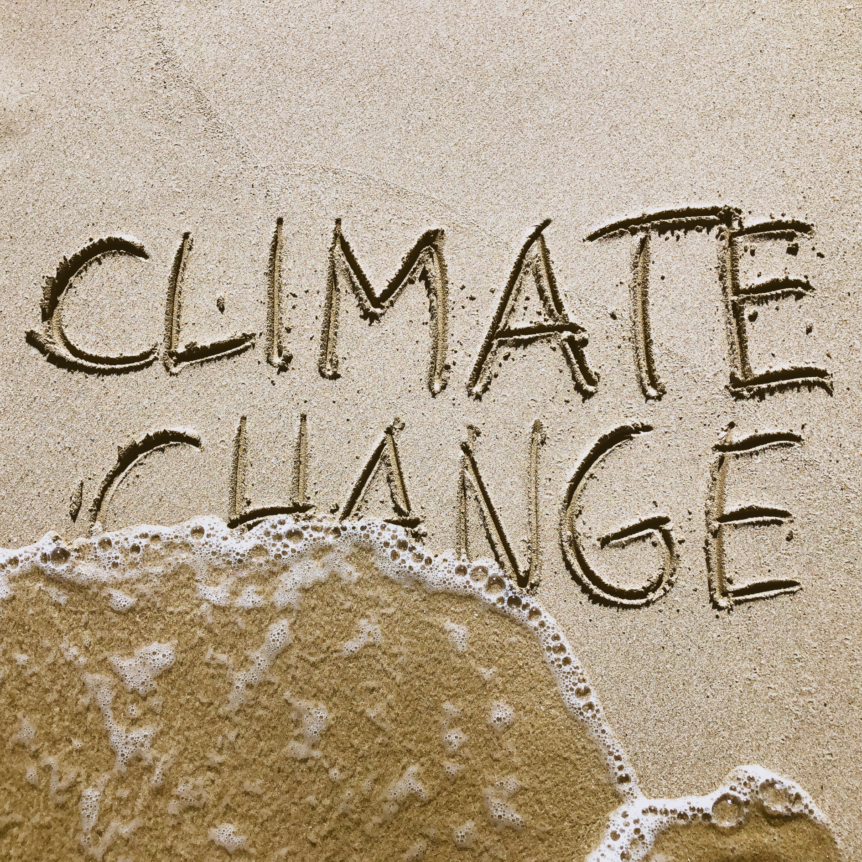Climate Change Puts Florida Real Estate Investments at Risk
Residential real estate has long been our national go-to investment. And for good reason: the U.S. housing market is valued at $50 trillion, nearly double its GDP. However, a recent study estimates $1.47 trillion in home values could be lost due to climate-related risks—a serious concern for those with real estate investments on warm, sunny coasts.
[TABLE OF CONTENTS]
- Where Will Home Prices Drop Due to Climate Change?
- How Will Climate Change Affect Florida Real Estate?
- How Can We Adapt?
Where Will Home Prices Drop Due to Climate Change?
According to First Street, U.S. states routinely hit by natural disasters have already seen the impact of climate change on house prices. California, Florida, and Louisiana are particularly vulnerable due to recurrent wildfires, storms, rising sea levels, and hurricanes, many of which have been linked to the climate crisis.
The study also identified the three largest metro areas at risk of climate-related claims and their projected insurance premium increases over the next 30 years:
- Miami – 322%
- Jacksonville – 226%
- Tampa – 213%
Commercial property and homeowners’ insurers in these high-risk areas typically respond to higher claim cost exposure by 1) refusing to provide coverage or 2) increasing premiums significantly. When an area’s property insurance premiums go up, properties decline in value.
How Will Climate Change Affect Florida Real Estate?
As climate change accelerates, Florida’s real estate market faces mounting challenges. The rising frequency and force of natural disasters have caused several key trends that will reshape property values, costs, and demand in the Sunshine State.
Consider the effect of floods on property values in Florida:
- Insurance hikes. Climate change-driven weather leads to higher deductibles and stricter policy terms (separate flood damage coverage, etc), tightening property‐owner budgets and deterring buyers in vulnerable zones.
- Higher cost of living. In addition to higher insurance costs, owners may face additional burdens, including increased maintenance costs, rising utility bills, unexpected homeownership costs, and environmental stressors.
- Neighborhood decline. Areas with repeated flooding or storm damage risk “climate flight,” where residents relocate to safer locales, leading to falling home prices, rising vacancy rates, and reduced local services.
- Migration. An estimated 55 million Americans are expected to relocate within the U.S. due to climate-related weather events. Commercial corridors may suffer, shrinking local businesses, retail options, and office demand in hard‐hit communities.
- Seller losses. As awareness of “climate risk” grows, coastal and flood‐prone properties may face longer listing times and steeper price discounts. According to the study, homes that underwent Federal Emergency Management Agency (FEMA) rate hikes lost 54.1 percent of their value.
How Can We Adapt?
Climate-driven migration can wreak havoc on the local economy, the Home Price Index (HPI), and ultimately your asset values. Successful investments rely on mitigating as much risk as you can. If you’re going to continue investing in property near Miami or Tampa, you’re going to need some resilient Florida coastal real estate strategies.
- Look for opportunities. Properties outside flood zones—previously undesirable because they’re further from the beach—are becoming appealing to buyers worried about flood risk impact on Florida property values.
- Build better for ROI. Developers and contractors can set themselves apart by adapting Florida homes to climate change risks with building designs and materials made for extreme weather conditions.
- Don’t rely on the economy. The study above notes that economic strength isn’t a foolproof factor for retaining population in climate-risk areas.
- Diversify. Consider offsetting some of your higher-risk properties with investments in climate-resilient zones.
- Wait for change. If you’re waiting to sell off a devalued property, it’s worth looking into state or local climate resilience projects (such as seawalls or runoff systems) that may be in the works, making it more attractive to buyers.
If you’re worried about climate change impacts on Florida real estate investing, let us help you make informed decisions on protecting your assets. Email us at hello@yolofskylaw.com today or set up a 15-minute call.

